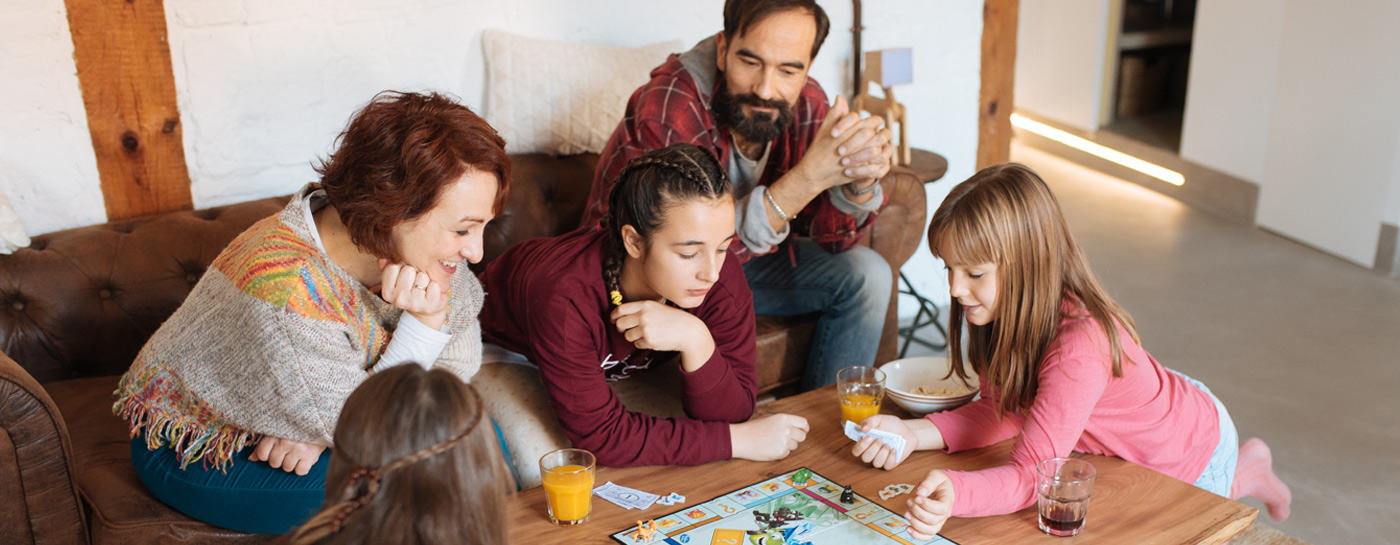For the individual part of the assessment with the children we use a whole range of assessments, depending on the purpose of the EP involvement. For example, we are registered with Pearson’s Q Interactive which allows us to administer several psychometric assessments such as the WISC (cognitive ability) and the WIAT (individual achievement subtests) and many more.
We also use Dynamic Assessment which can often highlight a child’s meta cognitive skills, learning behaviours, and their potential for certain interventions or teaching strategies. (For example, Cognitive Ability Profile CAP, 16-word memory assessment, and play assessment for those under 5 years). For children experiencing social emotional or mental health difficulties we may also like to use assessments related to Personal Construct Psychology (e.g. Drawing the Ideal Self, Heather Moran), which explores the child’s sense of self, their emotional intelligence and their perception of themselves in relation to the systems around them (such as how they relate to family, school, friendships).
Assessment for children who may be suffering from ADHD, or for those who may be on the Autistic Spectrum, we use observation and consultation, alongside some screening measures. We also offer post-diagnosis support as this is very important. In line with the SEN code of practice, we work in a person-centred way to elicit the child’s views, to do this we use engaging activity assessments such as Little Box of Big Questions (Gersch and Lipscomb); and to give a voice to those children with limited language, we can use various resources such as Talking Mats.





